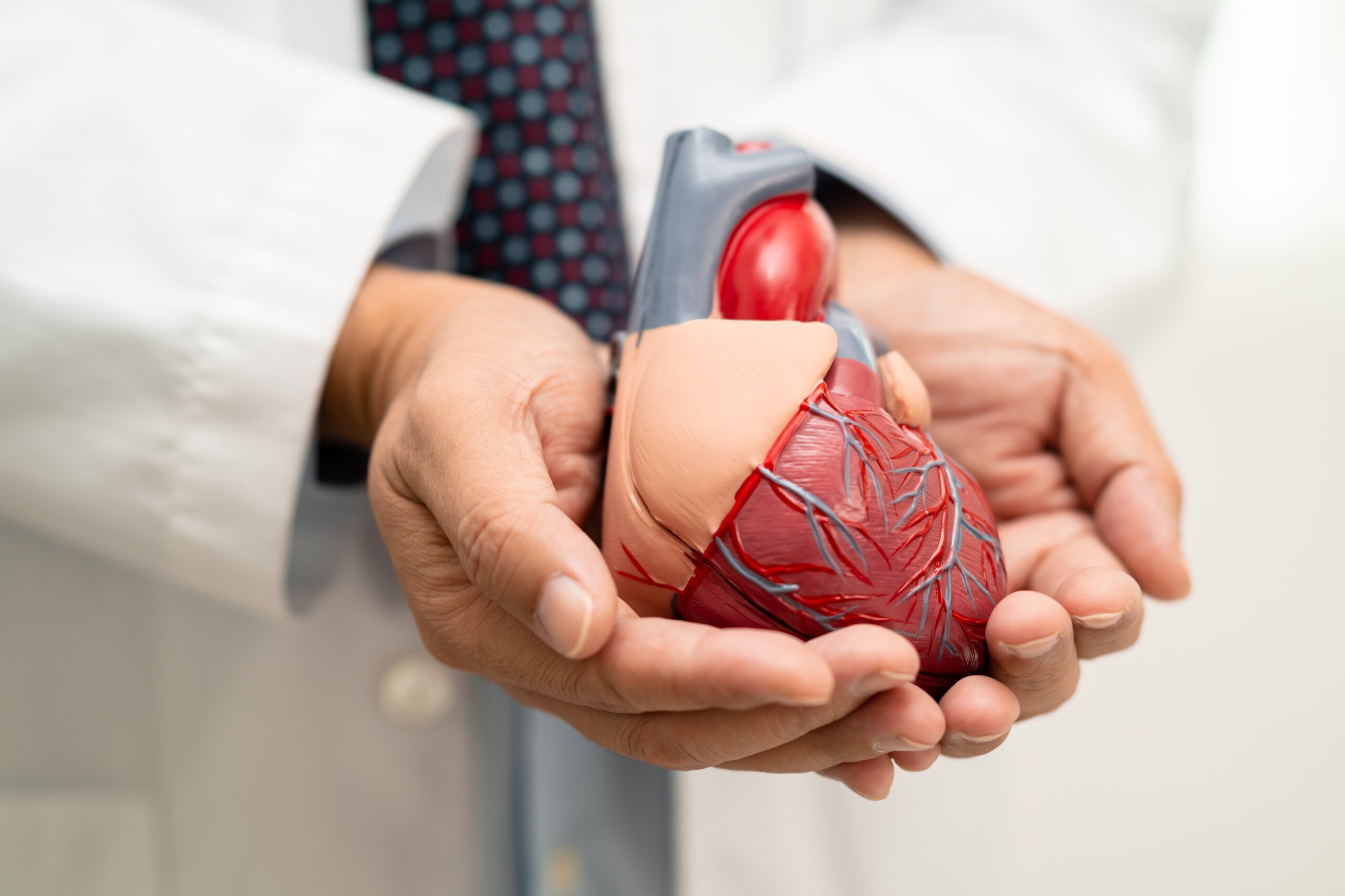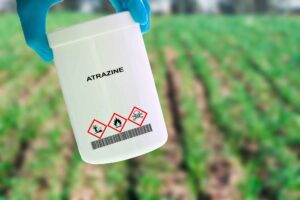Getting involved in an accident can result in traumatizing and potentially catastrophic injuries. A heart attack is one of the most extreme consequences of an accident, as it can result in life-long heart conditions that require significant lifestyle changes. In some cases, a severe heart attack can even be fatal, resulting in an untimely death minutes, days, or even months after the accident. If you or a loved one has been injured in an accident, then continue reading to learn more about the likelihood and severity of a heart attack after an accident.
Can You Have a Heart Attack From an Accident?
Heart attacks are relatively common consequences of severe motor vehicle accidents. A Boston University School of Medicine (BUSM) found that motor vehicle occupants were more likely to experience a heart attack up to 180 days after the accident. Those involved in accidents but not occupying a vehicle at the time, like pedestrians, were not found to be at an increased risk of a heart attack after the accident.
Some of the most common types of accidents that can result in a heart attack include:
Why Do Accidents Increase the Likelihood of Heart Attacks?
Accidents are incredibly traumatic experiences for the body. Even if you do not feel immediate or extreme pain after the impact, your body may still react in ways that may increase your chances of suffering a heart attack in the near future. Some of the most common reasons why accidents increase your likelihood of having a heart attack include:
- Blood clots. Blunt force trauma can cause blood clots to form. These clots, as miniature as they may be, can break off and find their way to your heart, brain, lungs, and other critical organs. These could then trigger a heart attack or stroke.
- Stress and trauma. The impact of an accident can cause the body a tremendous amount of stress and trauma, releasing catecholamines, which are neurotransmitters that are linked to heart attacks.
- Excess adrenaline. According to the Johns Hopkins School of Medicine, the excess adrenaline produced the body in response to the accident can narrow the arteries that supply blood to the heart. This can reduce the blood flow to the heart, which could cause a heart attack.
What Are Some Common Heart Conditions Caused by Accidents?
In addition to increasing your chances of having a heart attack, motor vehicle accidents can cause many kinds of heart conditions. Here are some of the most common:
- Myocardial contusion. Even if your injury does not break your skin or cause bleeding, the blow from the accident can cause bruising in your heart. This is known as a myocardial contusion and can result in symptoms like chest pain, swelling, shortness of breath, and more.
- Commotio cordis. This is one of the most severe cardiac consequences of an accident, as it is fatal in 97% of cases. It happens when the chest is impacted by blunt force, such as striking against the steering wheel in a car accident, causing an irregular heart rhythm.
- Takotsubo cardiomyopathy. Also known as stress-induced cardiomyopathy, this condition happens when the heart’s left ventricle fails as a result of intense stress. Although many social conditions can cause this condition, like heartbreak and losing a job, motor vehicle accidents can also trigger takotsubo cardiomyopathy.
What Are the Most Common Symptoms of a Heart Attack After an Accident?
Even if you do not think you suffered any severe injuries after an accident, you should still pay close attention to your health. Seek medical attention immediately if you notice any of the following symptoms of a heart attack after an accident:
- Chest pain
- Breathing difficulty
- Lightheadedness
- Pain or discomfort in the jaw, back or neck
- Increased anxiety
- Arm pain
Can I Get Compensation if I Suffered a Heart Attack From an Accident?
If you were injured in an accident due to the negligence of a third party, then you deserve to be properly compensated for all your injuries. This includes heart attacks and any other heart complications that you experienced as a direct result of the accident.
However, proving that your heart attack was a direct result of an accident can be difficult, especially if it happened weeks or months after the date of the incident. To maximize your chances of holding those responsible for your injuries accountable, you must get a complete medical evaluation immediately after the accident. This will help document any injuries you suffered that could trigger a heart attack or increase your chances of having one in the future.
What Should I Do if I Am Experiencing Chest Pain After an Accident?
Experiencing chest pain after an accident is relatively common, but it should never be ignored. While minor muscular bruises and wounds could be the source of this pain, they could also point to a more severe problem. Here is what you should do if you are experiencing chest pain after an accident:
- Seek medical attention. The sooner you can get evaluated by a physician, the higher your chances will be of treating your condition quickly and painlessly. A cardiologist will also be able to rule out more severe conditions that you might be experiencing from your accident.
- Gather documentation. If the accident was not your fault, then you should gather as much documentation as possible for the claims process. This includes medical records and running medical tests to evaluate your cardiac health. A CT scan is a common diagnostic testing tool for those with heart problems.
- Contact an attorney. Getting compensation for cardiac injuries after an accident can be difficult, as insurance companies will try to absolve themselves of all responsibility for your heart problems. An experienced personal injury attorney will help you fight for the compensation you deserve.
Remember that not all chest pain will turn into a heart attack, so you do not need to panic if you were recently injured in an accident. Seek medical attention immediately and follow your physician’s indications to minimize the chances of having a heart attack from the accident.
SOURCES:
- https://www.bumc.bu.edu/camed/2019/05/23/heart-failure-stroke-greater-among-occupants-in-motor-vehicle-accidents/
- https://pubmed.ncbi.nlm.nih.gov/1681638/
- https://www.hopkinsmedicine.org/health/conditions-and-diseases/broken-heart-syndrome
- https://www.mountsinai.org/health-library/diseases-conditions/myocardial-contusion
- https://journals.sagepub.com/doi/10.1177/1941738108330972









